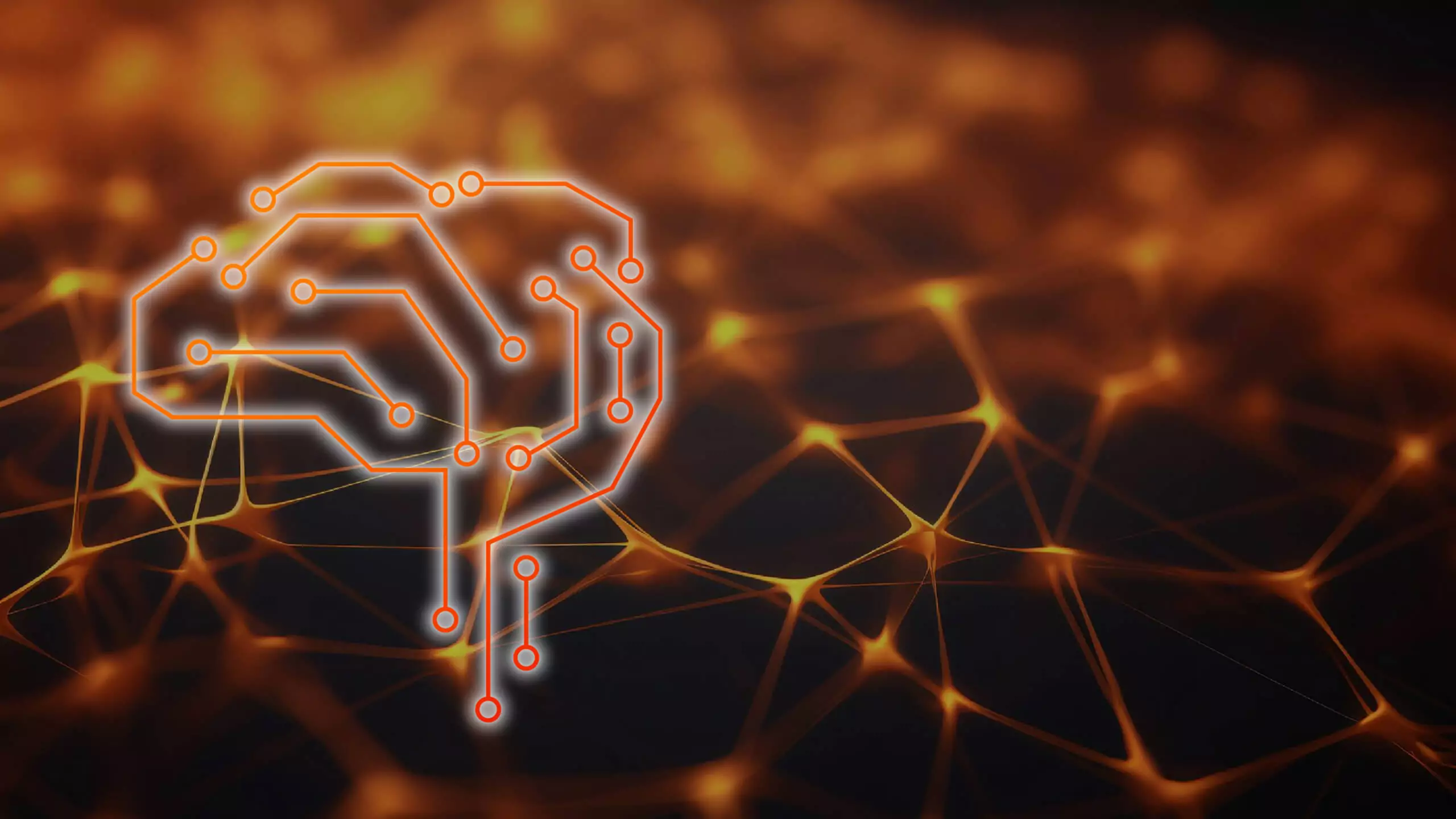A mandant/client is the first and highest element in the systemic hierarchy of a company’s organizational structure. For an ordinary user, knowledge about the mandant/client is not very important.
So the mandant/client is legally and technically an independent organizational unit. This means that it is nothing more than a large database with all the configuration and master data created within it. More simply put, a mandant/client allows one to maintain separate packages of transactional and master data (including user data), independent of other mandants/clients. A organization may have production, test mandants/clients, etc., used for completely different purposes, with separate authorization packages developed for them. Each user works on at least one mandant/client with a three-digit identification number. And it is from this element that the entire system structure of an organization is developed. Of course, there are also elements that are not mandant/client-dependent, such as function modules, tables, ABAP programs, and so on.
It is also important to remember that the data entered at the mandant/client level applies to all related company codes and organizational structures of an organization, so the data is entered only once.







